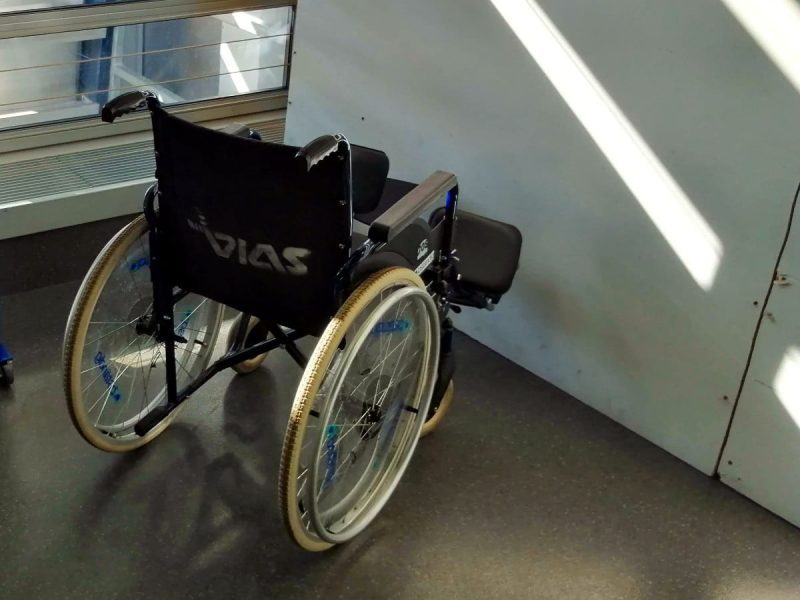For passengers with reduced mobility, traveling by plane can present additional challenges. However, thanks to international rules and regulations, these passengers have specific rights that airlines must protect. This in-depth article details what services airlines are required to provide to passengers with reduced mobility. It also explains how the PRM services can be booked and how airlines must be made aware of this need and what penalties can arise in the event of non-compliance.
Passengers with reduced mobility have the right to reasonable assistance and services during air travel. Airlines are obliged to provide PRM services to enable these passengers to have a safe and comfortable journey. By booking PRM services early, making the airline aware of their specific needs and knowing their rights, passengers can ensure their travel experience is seamless. If an airline refuses boarding without proper justification, legal action can be taken to protect its rights and provide adequate compensation.
Services for passengers with reduced mobility
Airlines are required by law to provide certain services to passengers with reduced mobility. These include, among others:
- Preliminary information: Airlines must publish information about their services for passengers with reduced mobility on their websites and in their conditions of carriage. This includes information about the type of assistance offered and contact information for bookings and enquiries.
- Assistance with boarding and disembarking: Airlines must ensure that passengers with reduced mobility are assisted when boarding and disembarking. This may include providing wheelchairs, special ramps or lifts.
- Accompaniment in the terminal: Airlines are required to provide an attendant to assist passengers with mobility impairments in navigating the terminal and through security checks.
- Seat Adjustments: Airlines are required to make reasonable seat adjustments for passengers with reduced mobility to ensure their safety and comfort during the flight.
Booking PRM Services
Passengers with reduced mobility can book PRM (Passengers with Reduced Mobility Services) services when booking their flight or at a later time. To do this, they should follow the following steps:
- Contacting the airline: Passengers should contact the airline directly, either by phone or through their website, to discuss their specific needs and requirements.
- Early booking: It is recommended to book PRM services as early as possible, ideally when booking your flight or at least 48 hours before departure. This gives the airlines enough time to take the necessary precautions.
- Providing information: Passengers should provide the airline with information about their specific needs, such as the type of disability, aids or medication needed to ensure appropriate assistance.
- Confirmation of PRM Services: After booking the PRM services, passengers will receive a confirmation from the airline detailing the assistance provided.
Alert the airline to special needs
In order for airlines to be able to respond appropriately to the needs of passengers with reduced mobility, it is important to make them aware of this in a timely and clear manner. Here are some steps that can be taken:
- When booking: When booking your flight tickets, indicate that you have reduced mobility and require PRM services.
- Contact: Contact the airline directly prior to travel to discuss your specific needs and ensure appropriate assistance is provided.
- Written inquiry: For more complex needs or if additional assistance is required, a written request can be sent to the airline. This should clearly set out all relevant information and requirements.
Penalties for refusing boarding
Airlines are required by law to carry passengers with reduced mobility unless there is a clear safety risk. If an airline refuses to carry a person with reduced mobility without providing adequate justification, they may face legal consequences. Exact penalties vary by country and jurisdiction, but may include fines, claims for damages, or damage to reputation.





 trail (for them it's free to use)
trail (for them it's free to use)